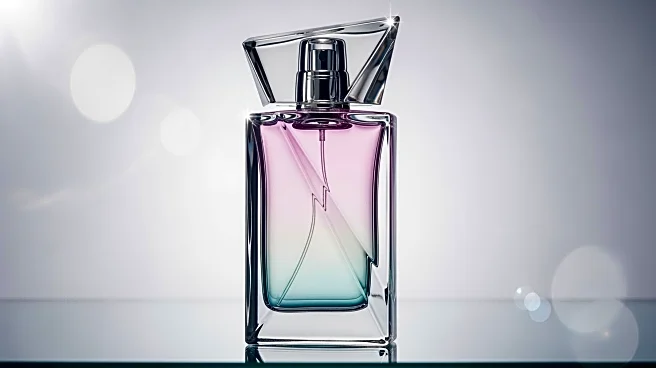Rapid Read • 8 min read
Cold plunges, also known as cold water immersion, involve submerging the body in cold water for short periods, typically ranging from 30 seconds to 10 minutes. This practice has gained popularity among athletes and wellness enthusiasts for its potential health benefits, including reduced inflammation, quicker muscle recovery, enhanced mood and focus, and improved immune function. However, there are risks associated with cold plunges, such as potential heart complications for individuals with cardiovascular conditions, discomfort, and in extreme cases, hypothermia or frostbite. It is advised to consult a doctor before trying cold plunges, especially for those with underlying health conditions.
AD
Cold plunges are significant as they offer a natural method for enhancing physical recovery and mental well-being. The practice can benefit athletes by reducing muscle soreness and inflammation, potentially improving performance and recovery times. Additionally, the mood-enhancing effects of cold plunges, due to increased dopamine and noradrenaline levels, can contribute to better mental health and focus. However, the risks highlight the importance of cautious practice, particularly for individuals with health conditions, emphasizing the need for medical consultation to prevent adverse effects.
As cold plunges continue to gain popularity, further research may explore their long-term effects on health and performance. Wellness centers might increasingly offer cold plunge facilities, and more individuals could incorporate this practice into their routines. Stakeholders, including healthcare providers, may develop guidelines to ensure safe practice, particularly for those with health risks. The trend could also lead to innovations in cold plunge equipment, making it more accessible and safer for home use.
The growing interest in cold plunges reflects a broader trend towards natural and holistic health practices. This trend may influence the wellness industry, encouraging the development of new therapies and products that leverage the body's natural responses. Ethically, the practice raises questions about accessibility and safety, particularly for individuals with health conditions. Culturally, it may shift perceptions of traditional recovery methods, promoting a more diverse approach to health and wellness.
AD
More Stories You Might Enjoy











